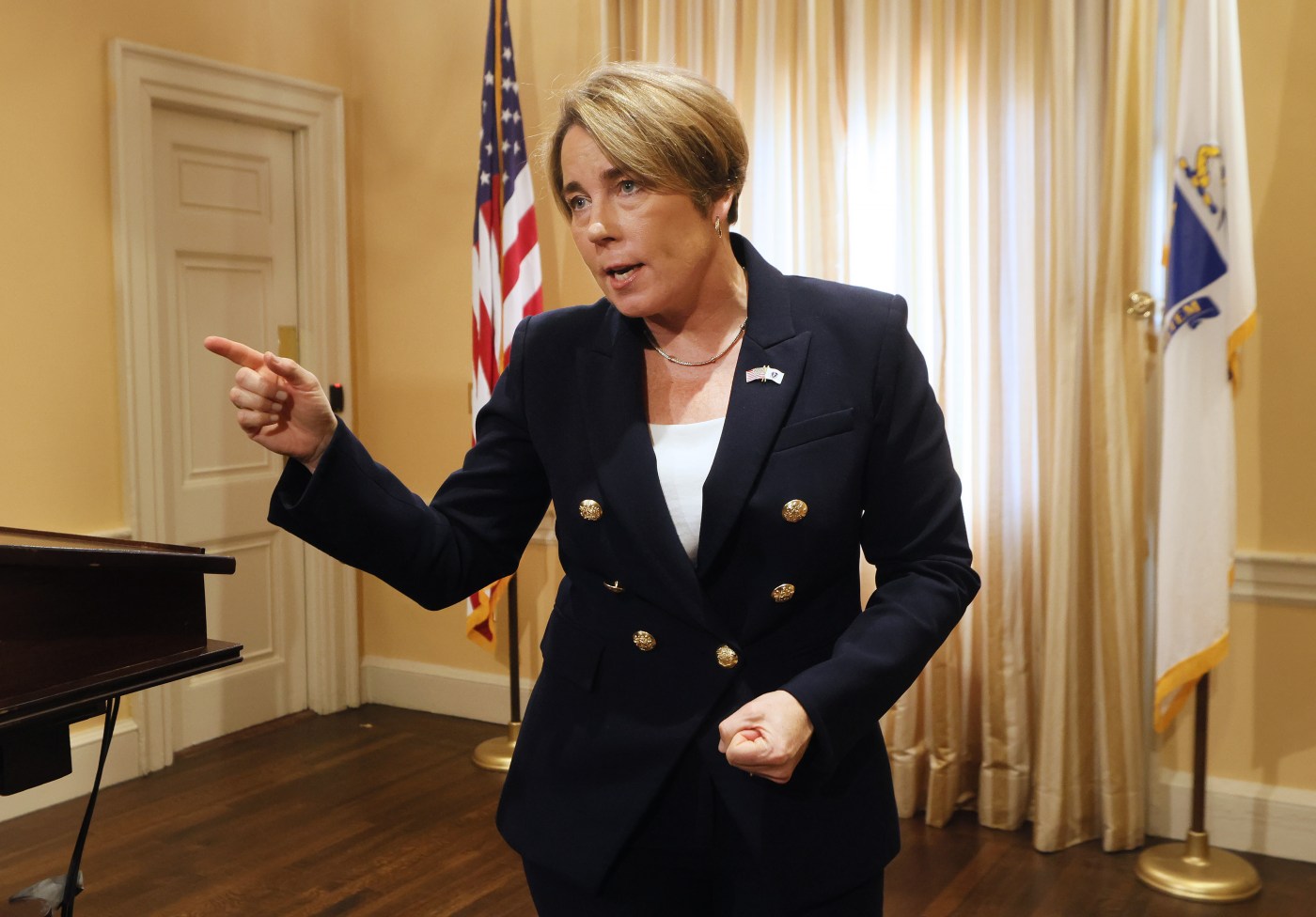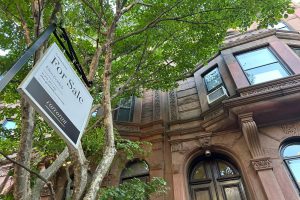
Maura Healey recommends 6 people for pardons of their decades-old convictions
Gov. Maura Healey recommended six people be pardoned for crimes committed decades ago when they were in their teens and 20s, many of whom were convicted of drug-related infractions.
“I’m proud to continue our administration’s efforts to use clemency as a tool to center fairness and equity in our criminal justice system and help these individuals move forward with their educations, their careers and their lives,” Healey said in a statement.
Healey has recommended Anthony Tindal, David Palazzo, Kira Pareseau, Mynor-Deane Martino Boland, Richard Barnes and Robert Tober for pardons. Each was unanimously recommended for unconditional pardons by the Advisory Board of Pardons, except for Pareseau, who the Advisory Board recommends a conditional pardon.
Healey has recommended 22 people for pardons since taking office in January of last year, with 15 of those recommendations approved. Her office highlights her work by saying she issued more pardons in her first year than any other governor’s first year in the past four decades.
Who are they?
Healey’s office provided short summaries of the crimes committed by and the current lives of those recommended for pardons.
Tindal was convicted of possession with intent to distribute marijuana when he was 22 in 1978. Healey says he has since earned a GED from Springfield Skills Center and had a career in machining before retiring with bad knees, a back injury and a lung disease but has been denied housing based on his criminal records.
Palazzo was convicted of aiding or abetting insurance fraud, possession of a controlled substance and worker’s comp fraud in the 1980s and 1990s. He has since turned his life around, Healey’s office said, by working in public service by assisting people with disabilities and drug use disorders. He is active in his church where he leads a recovery group and is seeking a pardon so he can complete his degree in social work.
Pareseau was convicted of misdemeanor larceny, assault and battery, and malicious destruction of property in the late 1990s when she was about 20 and using drugs. The church volunteer and security worker is looking to earn a bachelor’s degree at UMass Lowell and is seeking a pardon to pursue more educational and work opportunities.
Boland’s convictions that include possession of marijuana, telecommunications fraud and driving under the influence came in 1996 when he was 21. He now owns a restaurant, is a volunteer coach and is “an active member of his community.”
Barnes was convicted of breaking and entering, both in the nighttime and the daytime, with intent to commit a felony as well as larceny back in 1968 when he was 17. He has been a self-employed contractor for 25 years and regularly volunteers with several organizations in his community.
Rober was convicted of larceny in 1987 when he was 28. He has since served in the National Guard reserves, worked in education and local government, opened a food pantry, and works with the homeless and those using drugs. The Sunday School teacher recently lost his job due to his criminal history and “has faced barriers advancing his career.”


